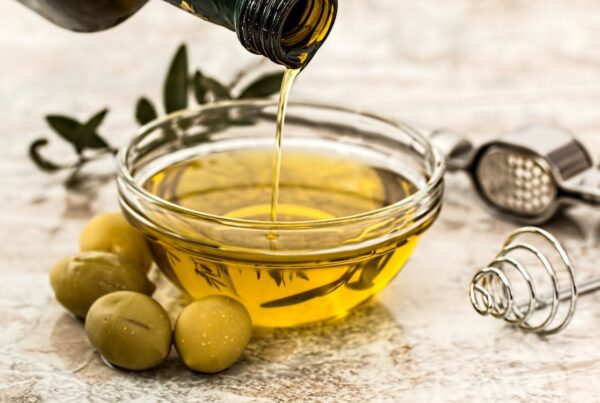Generally speaking, many common single ingredient spices are considered Kosher compliant as is. Examples include salt, sugar, pepper, cumin and others. As long as the material does not have any other listed ingredients, it can be purchased as is.
However, many common spices such as dried chili, smoked paprika, dried herbs etc. do require formal Kosher certification due to the manner in which they are be produced and / or the facilities they are often manufactured at. These facilities can often be found in the Middle East, Africa or Asia.
Companies like these will need a Kosher certification partner like EarthKosher with the ability to inspect facilities worldwide in a timely and professional manner. The Kosher certification process will involve a review of the facility operations, raw materials and production process.
Furthermore, spice blends (using all raw materials going into the blend) need to be evaluated and reviewed. Spice blends like dry rubs, Montreal steak spice or curry spices might have five, ten or more ingredients. Kosher certification ensures that all this has been reviewed and approved.
Blending facilities often handle allergens such as milk powders or non-Kosher ingredients such as non-Kosher wine. Part of the Kosher certification process is inspecting for proper cleaning protocols and practices in the food manufacturing facitily. If you’re in the spice business and curious about Kosher certification, get in touch. We’ve helped spice companies like the Teeny Tiny Spice Co. of Vermont gain Kosher certification and we can help you too!






